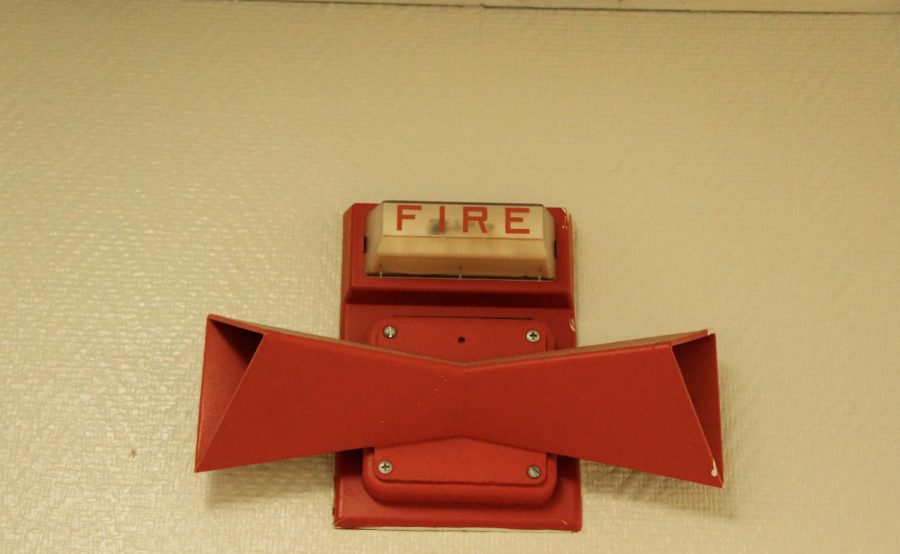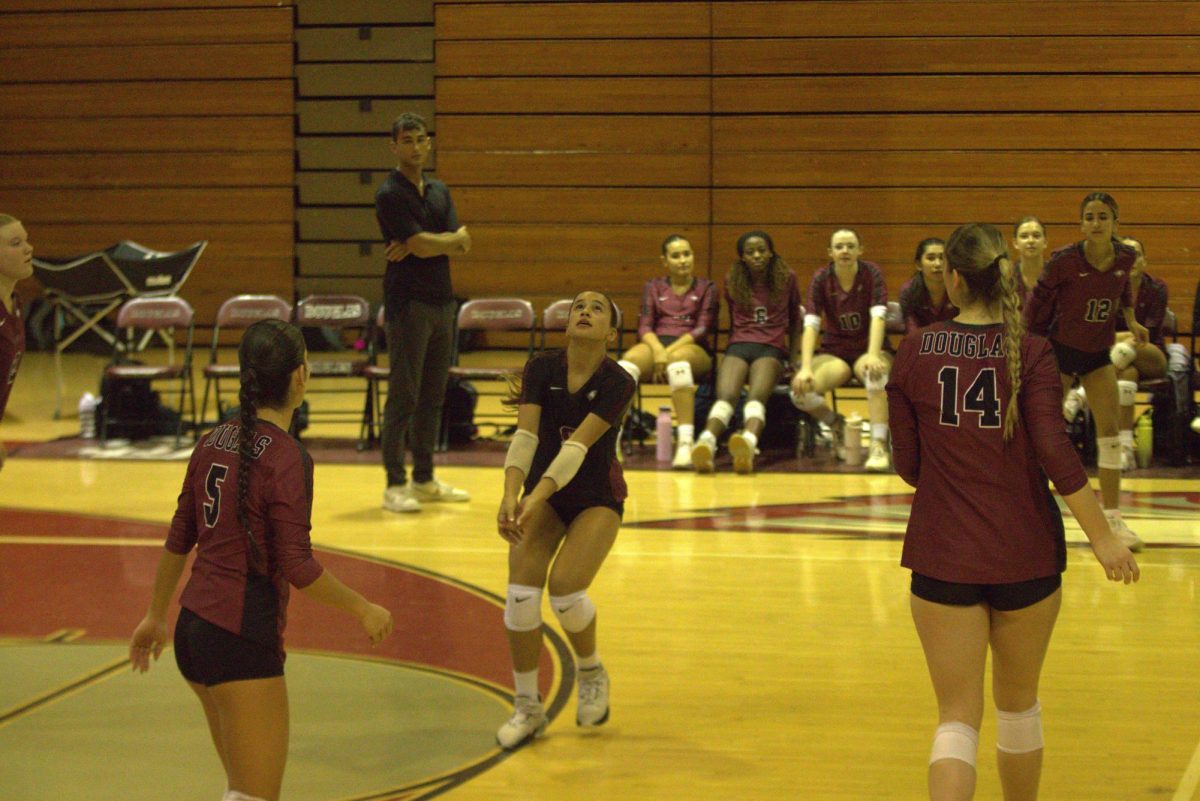Frequent faulty fire alarms frustrate MSD students throughout the day
MSD fire alarms have gone off frequently due to instances of bathroom smoking, humidity in the air and software glitches. The false alarms have irritated students, disrupting classroom discussions and tests.
April 20, 2022
For much of the second semester of the 2021-2022 school year, which started once Winter Break ended in early January, numerous false fire alarms have been set off at MSD. The increased instances of the blaring alarms have surprised both students and staff alike, raising concern and irritation.
“Generally, all kids freeze and look at the first adult [when they hear a fire alarm], which has happened to me. As much as they don’t normally listen in real situations, I think that they kind of understand someone’s going to be telling them what to do, so we’re sensitive to it,” Assistant Principal Daniel Lechtman said.
Not all classrooms are equipped with a fire alarm. The majority of the devices are installed in hallways, old classrooms and large spaces, like the cafeteria. Typically, smoke particles from a fire can lead to a fire alarm going off; however, the frequency of false alarms has sparked confusion and annoyance in several students.
“[The faulty fire alarms are] really annoying because I hear them in my class and it startles me a lot. It’s really loud and obnoxious,” junior Harjith Pradeep said. “I think that people will think [the fire alarms are] fake because if everything is a false alarm, no one’s going to really know when a real one is.”
The fire alarms may be accidentally triggered for a multitude of reasons, including smoking in bathrooms, excess humidity in the air and software glitches. In the last four years at MSD, there have been no recorded cases of an actual fire erupting.
The control panel located in the front office informs the administration where the alarm is set off from, but not what triggered it. To determine the reason, the faculty then looks at camera footage to determine if the fire alarm is real, and if students were involved in the triggering of the alarm.
If students are caught as the perpetrators of the false fire alarms, they could be charged with disruption to a school campus, which may result in suspension.
“I think if there’s a real situation where we have to evacuate, we’ll let the kids know. Chances are, everyone will be safe,” Lechtman said. “There’s multiple exits. Each classroom has a primary route.”
When there is a false fire alarm, the closest administrator or security specialist to the public address system, which is used to transmit emergency news to the entire campus, announces whether the alarm is real or fake. The longest an announcement about the faulty signal has been delayed this school year has been about seven to eight seconds.
Moreover, the false alarms interrupt learning in the classroom.
“[The false alarms] make me annoyed because they often take time away from class activities since they’ll usually go off in the middle of lectures,” junior Shan Sundal said. “It also has a fear factor to it because you don’t know if it is a real fire alarm or not, so having it constantly go off several times a week is not something that is a good environment to learn in.”
The false alarms occur every week, which have normalized the urgency of the situation for many students. For instance, students expect the fire alarms to be falsely triggered, so they remain seated in their classrooms following the initial ringing. The possibility the fire alarm is related to an actual emergency is barely acknowledged by students, considering MSD’s recent history of frequent faulty fire alarms.
“[Constant false alarms are] harmful to students because most people are so used to hearing false alarms that now the immediate thought is, ‘Oh, it’s a false alarm. Wait for them to turn it off,” Sundal said. “It still disrupts the classroom; most people don’t think it’s anything serious. If it ever is something serious, it might take longer to react because most people are used to sitting in their classrooms waiting and expecting nothing to happen.”
MSD’s administration continues to address and solve ongoing problems with the fire alarm system. The school has even consulted emergency specialists, like fire marshals, to assist with the fire safety of the new 1500 building and the fire alarm panel in the main office.











